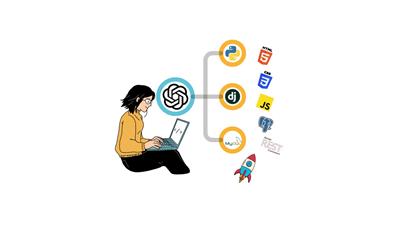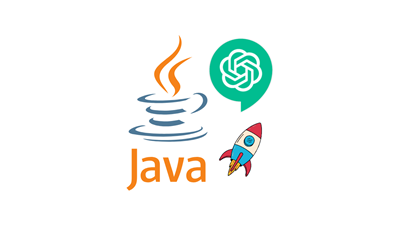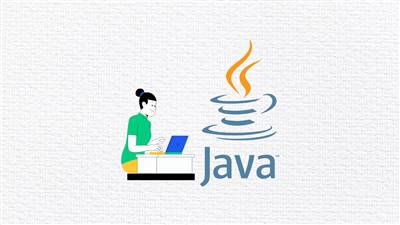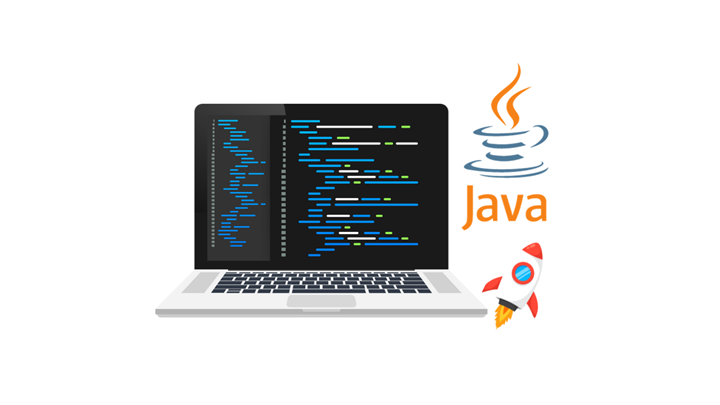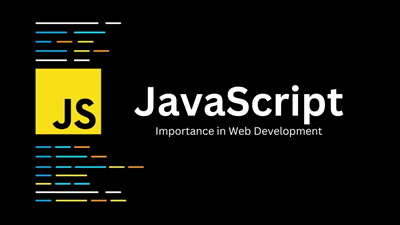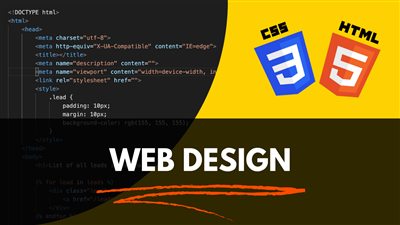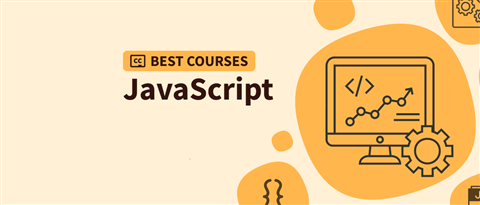
Best Java Programming Courses
Java Programming Course Overview
The Java Programming Course is designed for both beginners and experienced developers who want to build a strong foundation in one of the most popular programming languages in the world. Java is a versatile, platform-independent, and object-oriented language that powers a wide range of applications, from web development to mobile applications and enterprise-level systems.Who Is This Course For?
This course is perfect for anyone who wants to learn Java, whether you’re starting from scratch or already have some programming experience. Whether you're a student looking to enhance your coding skills, a professional aiming to upgrade your career, or a hobbyist curious about software development, this course will provide you with the skills and knowledge to become proficient in Java.What You Will Learn
The course is structured in a sequence to guide you through Java from the very basics to advanced topics, ensuring a comprehensive understanding of the language. Here's what you'll cover:1. Introduction to Java Programming
In this module, you'll be introduced to the fundamental concepts of Java. You'll learn about the basic syntax, how to set up your development environment, and write your first Java program. You'll explore primitive data types, variables, operators, and control flow statements such as loops and conditionals. This is the essential foundation needed to understand how Java works.2. Object-Oriented Programming (OOP) with Java
Java is an object-oriented language, and in this section, you will dive deep into OOP concepts. You'll learn how to create classes and objects, use inheritance, and apply polymorphism and encapsulation. Understanding these principles will help you write more efficient and reusable code. By the end of this module, you’ll be able to structure your programs using real-world concepts, which is key to mastering Java.3. Java Data Structures and Algorithms
Data structures and algorithms are critical for solving complex problems efficiently. This part of the course covers arrays, linked lists, stacks, queues, hash maps, and trees. You’ll also learn important algorithms such as sorting, searching, and recursion. Mastering these topics will make you a more efficient and effective programmer, as they are essential in both interviews and real-world projects.
4. Exception Handling and File I/O
As you develop larger applications, you’ll need to handle errors and manage files. This module teaches you how to handle exceptions in Java using try-catch blocks and custom exceptions. You’ll also learn how to read from and write to files using Java’s Input/Output (I/O) streams, which is vital for applications that need to interact with external data.5. Java Multithreading and Concurrency
Modern applications often require multitasking and concurrency. In this section, you'll learn how to create multiple threads in Java, manage thread life cycles, and use synchronization to prevent data corruption. Java’s multithreading capabilities are crucial for developing scalable, high-performance applications, especially in environments like gaming, finance, and large-scale enterprise systems.6. Java GUI Development
Java allows for the creation of graphical user interfaces (GUIs) using libraries like Swing and JavaFX. In this section, you’ll learn how to build interactive desktop applications. From simple windows to more complex interfaces, you will understand how to design and implement user-friendly applications with buttons, text fields, and other components.7. Java Database Connectivity (JDBC)
Connecting Java applications to a database is essential for many types of software. In this module, you’ll learn how to use JDBC to connect to relational databases, execute SQL queries, and retrieve and manipulate data. Understanding JDBC is crucial for backend development, as it allows Java programs to interact with databases like MySQL, PostgreSQL, and Oracle.8. Java Web Development
In this section, you will explore how to develop web applications using Java. You’ll learn about servlets and JavaServer Pages (JSP), which are the foundation for building dynamic web pages. This knowledge is essential for anyone looking to become a full-stack developer or build enterprise-level applications.9. Java Frameworks: Spring and Hibernate
Java frameworks like Spring and Hibernate make development faster and more efficient. In this part of the course, you’ll learn the basics of these frameworks, including dependency injection, AOP (Aspect-Oriented Programming), and ORM (Object Relational Mapping) with Hibernate. Mastering these frameworks will enable you to develop robust, maintainable, and scalable applications quickly.10. Advanced Java Topics
This final module covers advanced topics such as lambda expressions, streams, and design patterns. You’ll also explore Java's memory management and garbage collection, which are critical for optimizing performance in large-scale applications. By the end of this module, you will have the skills to tackle complex problems and write professional-grade Java code.Why Learn Java?
Java is used by millions of developers worldwide and is the backbone of many enterprise-level systems. Learning Java not only provides you with the skills to create powerful applications but also opens the door to numerous job opportunities. Companies in industries like finance, healthcare, and technology rely on Java for its scalability, security, and performance.Conclusion
By the end of this course, you will have a solid understanding of Java, from the basics to advanced concepts. Whether you're looking to build desktop applications, web services, or enterprise systems, this course will equip you with the skills needed to succeed in the world of Java development. Start your Java journey today and open up new possibilities in software development!

